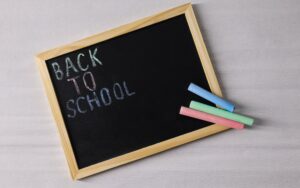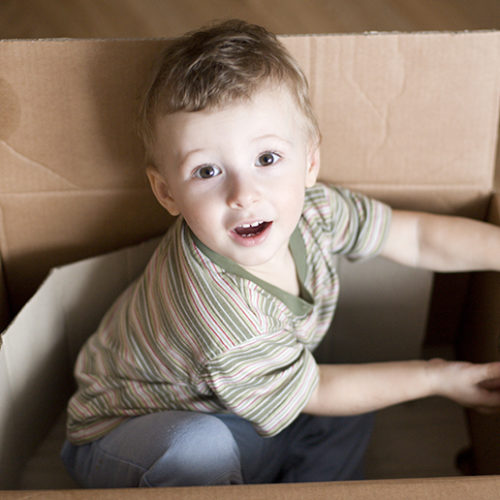Embracing the back-to-school transition
What should you bear in mind as school begins again?
As the final days of summer slip away, the anticipation of a new school year is building. It’s a time of excitement and apprehension, new beginnings and renewed routines. The transition from the lazy, carefree days of summer to the structured rhythm of the school year can be challenging. Children often feel a mix of anticipation and anxiety, while parents juggle their own concerns about kids’ academic performance, social happiness and emotional wellbeing. Among the flurry of purchasing uniforms and supplies, it’s really important to also focus on the other aspects of preparation that can make this shift smoother for everyone.
A gradual change
It’s wise to start establishing a routine before school begins. Aim to gradually adjust your child’s bedtimes and wake-up times to align more closely with their upcoming new schedule. This simple step can mitigate the shock of early school mornings so children can adapt more easily to their ‘new normal’.
Getting ready
Involve your children in back-to-school shopping where possible. Let them choose their supplies (or between two two options you’ve pre-selected!), from notebooks and pens, to lunch boxes and bags. This simple act of choice can instil a sense of ownership and excitement about the upcoming school year, putting little ones in a positive mindset going into the classroom.
Thinking positive
Building a positive mindset is key. Emphasising the exciting aspects, such as favourite subjects or extracurricular activities they’re looking forward to, and generally framing the return to school as an adventure filled with opportunities to learn new things and reunite with friends can really impact your child’s attitude and appetite for school.
Talk it through
Emotional readiness is just as important as logistical preparation. Try to instigate a ‘casual’ chat about how your little one is feeling, whether they’re excited to see friends or worried about new challenges, from academic work, to a new teacher. Discussing their hopes and fears and acknowledging their concerns can alleviate any creeping anxiety kids might be experiencing and build their confidence.
The role of routine
Routine is the backbone of a successful school year. Consistent schedules for homework, meals and bedtime provide a framework for kids to use. Establishing a routine doesn’t mean a rigid, inflexible timetable, but rather a predictable pattern that children can rely on.
A balancing act
Equally, it’s also essential to maintain a balance. Academics are important, but so is downtime. Try to make sure your little ones have time to relax, play and stay connected with their interests outside of school. It’s better for their overall wellbeing and helps prevent burnout.
Remember, the goal is progress, not perfection. So celebrate the small victories, whether it’s a good grade, a new friend, or simply adapting to the new routine. These achievements, no matter how minor they seem, are significant milestones in your child’s journey and signs that the transition is going smoothly!
Image Credit: ShutterStock












Comments